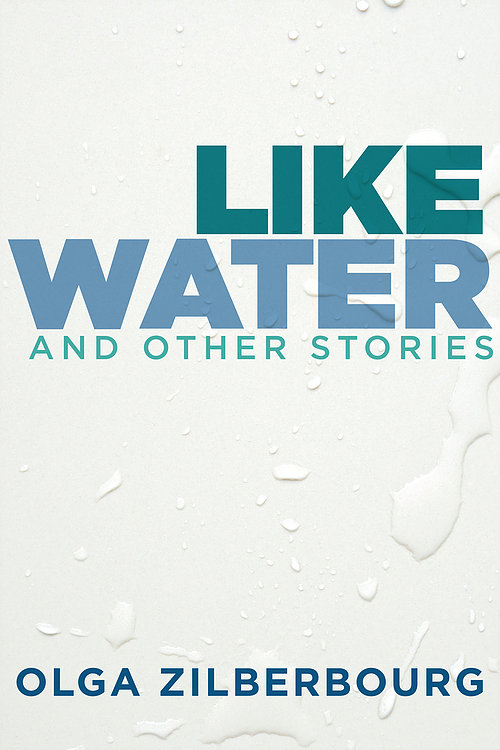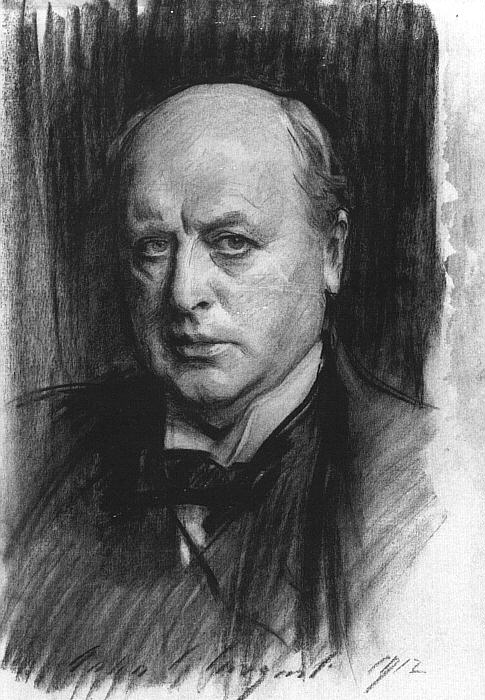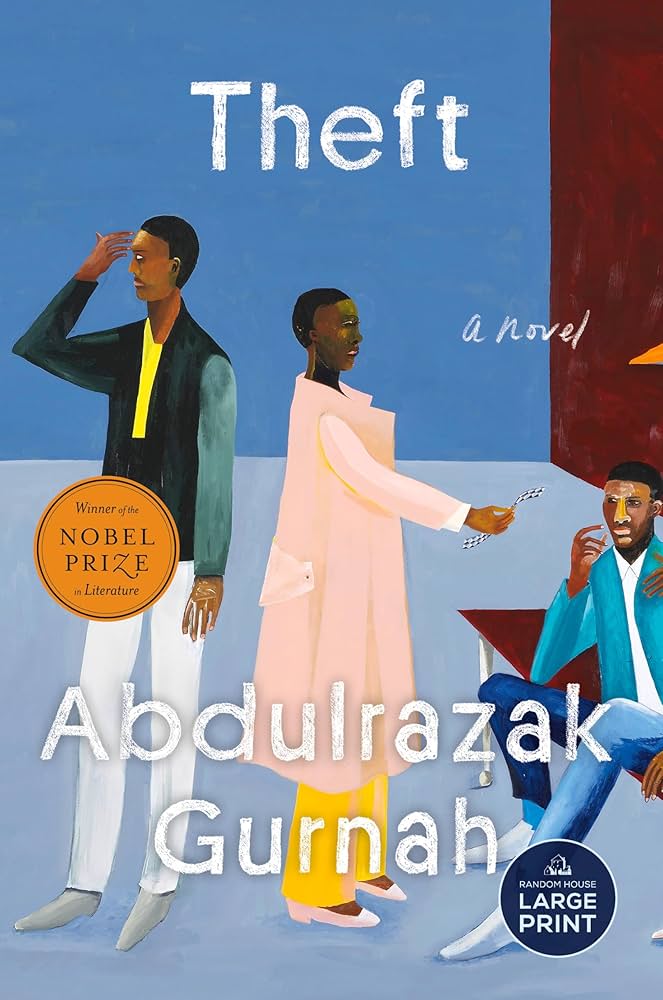Book by OLGA ZILBERBOURG
Review by JUNE GERVAIS

When I was nineteen and trying my hand at novel-writing for the first time, I found myself struggling with a story that alternated between two protagonists, a mother and a daughter. After reading my newest batch of pages, a beloved mentor observed that only the daughter was coming to life on the page. “There has to be more to this other woman than her role as a mother,” she said. I realize now that she was speaking from her own recent, still-raw experiences. “Try going back in time with the mother character,” she said. “Write a scene where she’s twenty, before she has a child, and see what she does. When you become a mother, your old self doesn’t disappear. All the parts of you that were there before are still there.”
When I had children of my own, this truth became not only obvious but something I clung to. Creating and caring for a new human was a profound experience to be sure, but I still carried all my other selves with me: critical thinker, protestor, scrappy entrepreneur, lover, writer. To this day, I want mother characters in fiction to show me the rest of themselves, too.
That idea—the tussle between all the elements of ourselves, past and present, and the new selves that emerge from them—is a significant thread in Olga Zilberbourg’s story collection Like Water. Many of her characters are mothers with dual vocations, parenting-plus-something-else (often writing and teaching). In her Artist’s Statement, Zilberbourg writes,
[B]ecoming a parent turns one’s lived experience into a battleground for potential identities. The lines between the past, present, and future become blurred in the anxieties of moment-to-moment child care…In the process of maintaining a dual, bicultural identity, the artist never fully adapts, never fully belongs, never stops becoming. She keeps growing—alongside her children.
To add another dimension to this unfolding “who was I/who am I,” Zilberbourg grew up in Soviet Russia and moved to the United States as a teenager. The “bicultural identity” she mentions is not static, but an ongoing ecosystem where two cultures and countries interact in a single human being.
An outside event can lay that ecosystem bare. Several of these stories involve a character living in the U.S. suddenly coming back in contact with a long-ago friend from Russia, creating dissonance and sometimes shock at how each person has (or hasn’t) changed. In the story “If You’ve Dreamt of a Jew,” the narrator’s childhood friend emails her a link about dream symbolism. The changes wrought by their different paths become painfully clear.
My friend still lives in the same town in Russia where she and I grew up and that I left twenty years ago. Eleven time zones separate us….She’s assuming that life hasn’t changed me much and that I still find Jewish jokes funny.
As teenagers, the pair used to practice their English on tourists/evangelists from “the world’s religious sects” who saw the Soviet Union’s collapse as an opportunity to proselytize. At that time, at age fifteen,
public discourse about religion had only recently become decriminalized, [and] living in this post-Perestroika Russia, I had been as lost as everyone else. It has taken years of studying critical thinking to learn to distinguish knowledge from conspiracy theory and fact from prejudice. My friend, in the meantime, found Jesus.
To explain all this to her friend feels impossible. She replies with a one-line message and a smiley face. Even readers who haven’t experienced these particular historic events or relocations can recognize this experience—having an encounter we can’t quite formulate a response to in the moment, but also cannot stop thinking about. The stories in Like Water provide many such moments: finding those thoughtful, complicated replies that weren’t on the tip of our tongues, but were waiting to be brought into the light.
Zilberbourg often gets at the raw truth of an emotionally complicated experience by changing the rules of reality and shifting into magical realism. In the opening story, “Rubicon,” the “dimensions of reality shift” and a high school crush from Russia drives up in a Jeep—the same age he was twenty years ago, appearing from nowhere on a sunny California day, snow melting on the sleeve of his overcoat. As the story progresses, past and future unfold side-by-side. The narrator’s preschool-aged son is both a grown man and a child.
All this is impossible, but it also feels just like life. As I sit talking with my nine-year-old son, I am often aware of three versions of him as once: the infant who slept in my lap, the boy who sits here telling me facts about football, and the grown man of the future who hugs me and leaves home. This three-way awareness feels both painful and important, and I’ve wondered if other parents experience this, too. Zilberbourg’s forays into the impossible strike me as a canny way into the truth of certain parent-child experiences that are hard to describe. A few of the stories that evoked the most emotion in me, in fact, were sometimes the impossible ones: a three-year-old child decides to take up residence in his mother’s womb again. A writer is contacted by an agent who wants to know if she’s written a novel, and she sends her toddler son for potential publication instead.
Zilberbourg seems equally comfortable bending reality, staying in a realistic fictional world, or eschewing traditional narrative for another form altogether. Stories appear in the guise of instructions, application letters, a single paragraph, a single sentence. The story “How to Deliver a Genius: Advice from a St. Petersburg-Based Website” consists of a list with sixteen bullets, including:
-
- It’s not a bad idea to fast once in a while. The fetus will become agitated and start moving, developing its musculature. If, after receiving this exercise, the fetus will then receive a proper meal, subconsciously, it’ll learn its lesson: “March with your left, then with your right, march, march, march—then gobble, gobble, gobble.” To achieve anything you must work hard.
- Once the child is born, think only positive thoughts. It’s not enough to love your child. You must also imagine him strong, healthy, and favored by luck. Desire, as history repeatedly teaches us, manifests itself materially.
These can-do exhortations are a bit chilling. Signs point to satire and irony: an asterisk at the bottom of the page notes, “St. Petersburg has the reputation as the most Western of the Russian cities and prides itself on its intellectual and cultural history.” Is the list poking fun at the idea that “geniuses” can be cultivated in utero, the self-styled experts who offer such advice, the things that masquerade as expertise? Or is it commenting on the aspiration itself, the belief that genius can be achieved with sufficient will? The story drops an idea on the table and leaves the reader with something to puzzle out. It’s an example of Zilberbourg’s skill with brevity; even the longer pieces in this collection are just ten or twelve pages, stories to eat quickly and digest slowly. Some, like “Email” and “One’s Share,” are no longer than a paragraph. (This feels appropriate, given all the childrearing themes here. For parents of small children, sometimes an entire meal consists of small, stolen bites, chewed while doing something else. The same can be true for our reading and writing lives.)
The stories in this collection are so interrelated that questions provoked by one story are sometimes given context by another. A clue to the genius question may be found in “We Were Geniuses,” told through the eyes of a group of children in 1980s and 90s Leningrad, in the last years of the Soviet Union and the first years after its dissolution. They are certain that their families’ aspirations for them will be fulfilled; after all, their parents and grandparents worked in “areas of functional analysis, algebra, topology, group and probability theories… named countless theorems after themselves, and won chess championships.” As the children become teenagers without their “genius” manifesting as expected, times are changing in Russia. Thirty-year-old Beatles movies, for example, appear on cinema screens for the first time: “We’d heard they were genius.” These teenagers are revising their ideas of what is important, what is possible, who they will be. It’s the kind of moment that Like Water gravitates to again and again, perhaps most clearly in its last two stories, “Gift Exchange” and the title story, “Like Water.”
By the time we reach this final stretch, we’ve traveled through fifty stories dropping in on the inner lives of daughters, mothers, would-be mothers and grandmothers, both in Russia and the U.S. We’ve seen their work lives, with and without children; we’ve watched them navigate solitude, friendships, and romantic relationships with both women and men. The penultimate story, “Like Water,” contains a little of everything and coalesces in a way that’s both unresolved and deeply satisfying.
The main character begins the story establishing the point of stability she’s reached: nearly forty-two, happily married. Two children. Living in a university town, teaching as an adjunct, husband a tenured professor. The disruption comes when she posts an anecdote from her teenage years on social media, and a female friend from that time period comments with this provocative sentence: “That was the moment I fell in love with you.” What now? The story is a tense, beautiful meditation on the life the main character never considered for herself because she didn’t know it was possible. She imagines:
what my life might have been like, were I aware, at the age of fifteen, that women did not need to marry men. That they could love each other and live with each other and raise children with each other. What would my life have been like if I’d heard of a woman openly living with another woman? If I’d met women raising children together? If I’d known a single person who responded to women caught loving women with anything other than “This is a phase,” and “She’s a freak,” and “How disgusting,” and “That poor thing”?
Life has dropped an idea on her table. She responds by sifting through memories and stories she hasn’t considered in years—an elderly couple, for example, so used to drinking tea that they can barely swallow water even when a doctor advises it as vital for their health.
I’m staring at the mug—it’s right there in the middle of the table. I can’t forget that water is in there. I’ve grown used to something else by now, but what if I dared? What if I did what so many of my students do at eighteen or twenty? Namely, experiment. Try out a new identity. I’m terrified, but I also can’t pretend I don’t understand.
Again and again the characters in “Like Water” are offered the choice to listen to the disparate parts of themselves and let them be in conversation, or to choose one and try to forget the others. It’s a choice that parents make, too, especially the mothers I know. Parenting does impose new limits on our lives, and sometimes in those limits we become more aware of the things we wanted to do, want to do, and never tried.
I am grateful for a story collection like this one, which doesn’t make the emergence of new identities look easy, or simple, or pack it with “clichés about ‘the transformative experience of parenthood’” (in the words of Zilberbourg’s story “Ambition”—a sentence that made me smile). There is nothing tidy or sentimental about any of this, and yes, it often does feel, as the Artist Statement says, like a battleground. Sometimes, though, it feels like a rock-and-roll movie showing on the big screen for the first time. Sometimes it does in fact feel like water.
June Gervais is the author of the novel Jobs for Girls with Artistic Flair (Pamela Dorman Books, June 2022). Her essays and reviews have appeared in The Missouri Review, Cordella, Sojourners, Consequence Magazine, Image Journal, and elsewhere. She blogs at junegervais.com.




